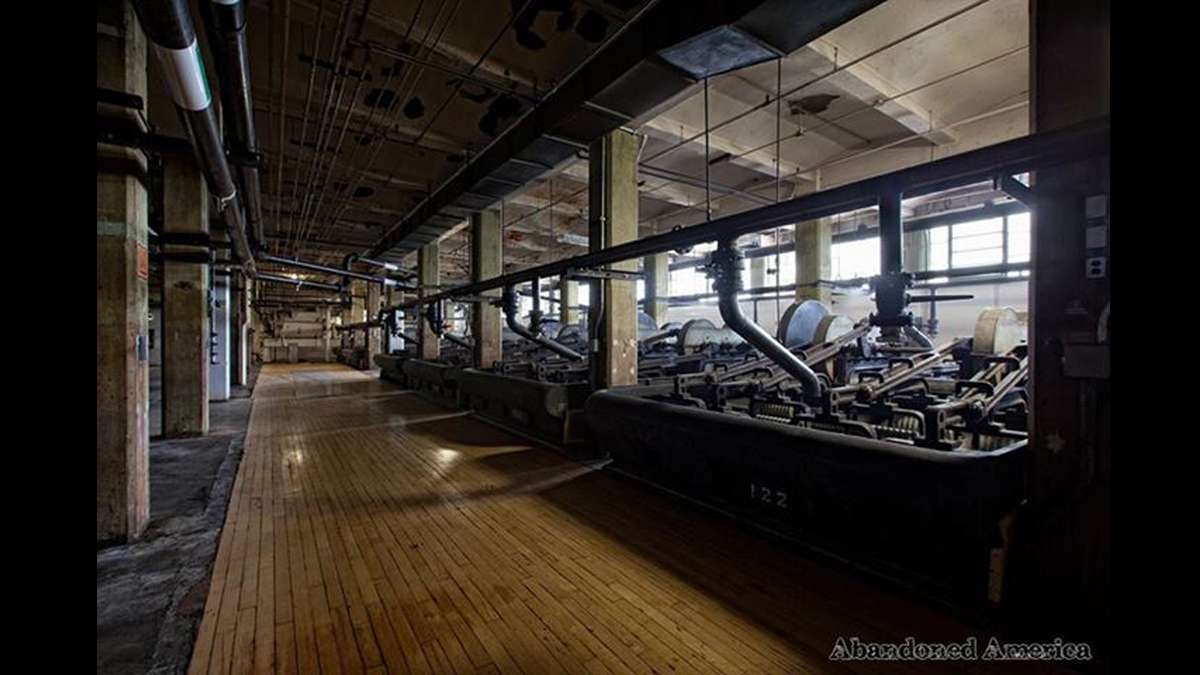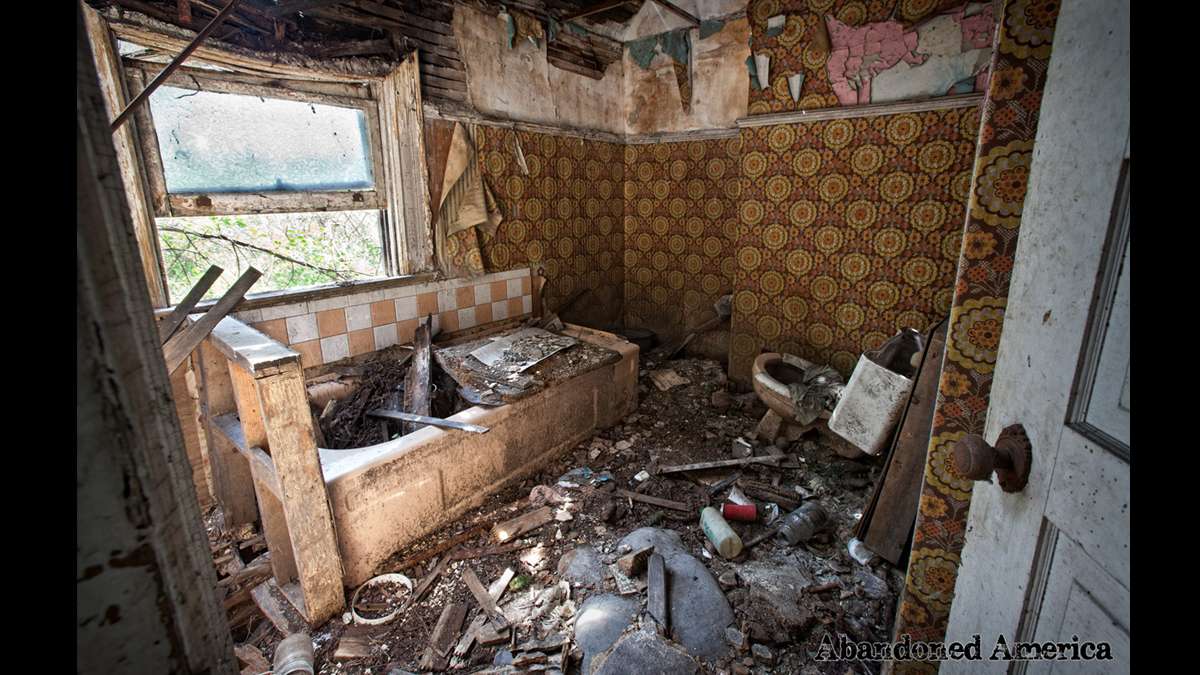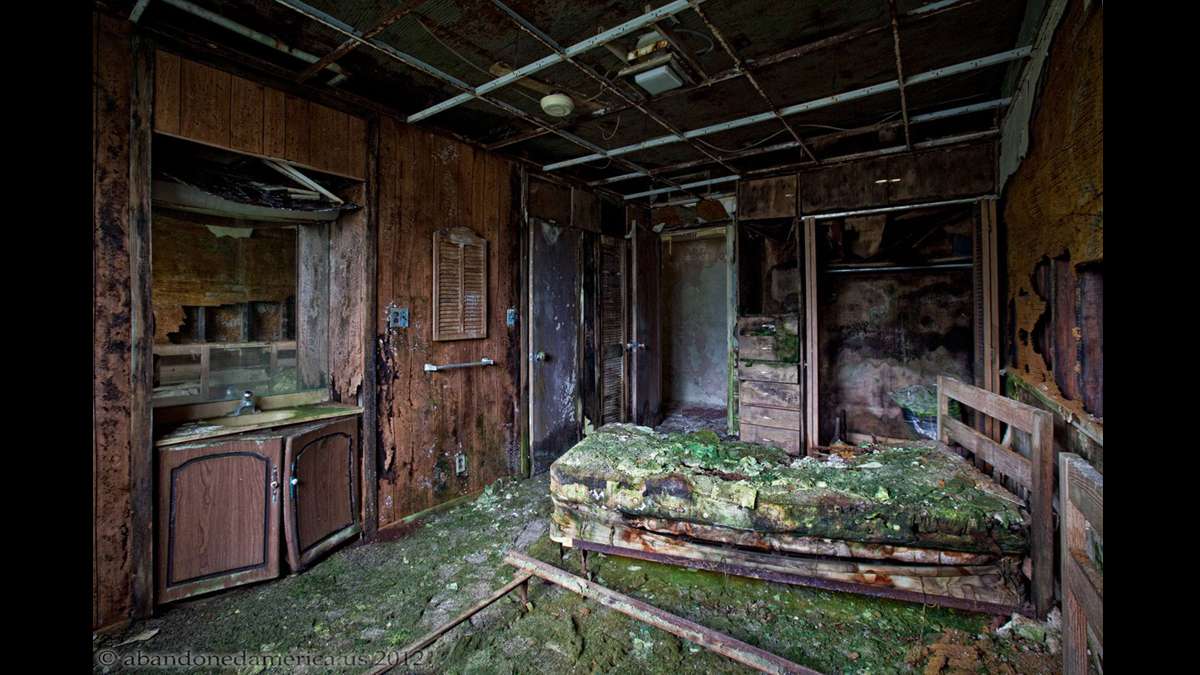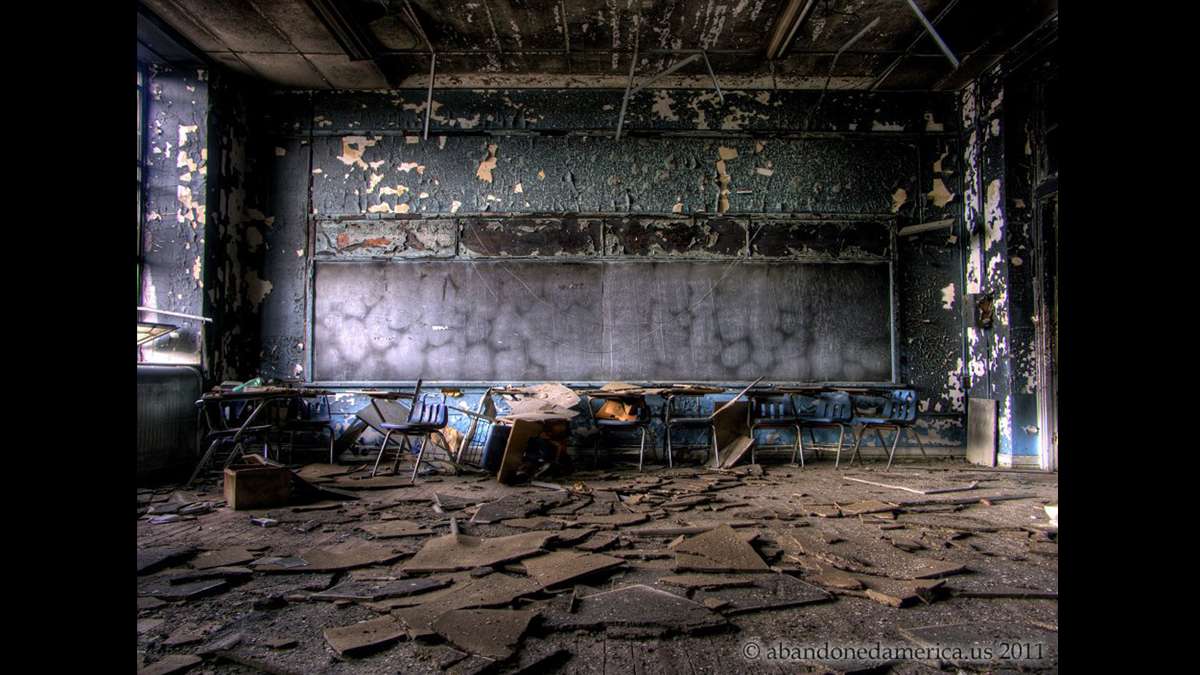Pa. photographer captures loss of community in ‘Abandoned America’
For residents of Pennsylvania cities, the sight of a boarded up church, a crumbling factory or an abandoned school building often appear as eyesores that easily disappears into the urban landscape. Online, images of these forgotten ruins tend to become eye candy for people to make clever comments and air their disgust.
But to photographer Matthew Christopher, each encounter with a neglected property represents a tremendous loss.
Christopher, an architectural photographer from Mount Gretna, Pa. is the man behind Abandoned America. The series documents deserted industrial plants, abandoned asylums, prisons, community institutions and cast away homes with thousands of images. Many of the places featured have been demolished and wiped clean from recent memory.
Rather than think of these abandoned places as a photographer’s playground, Christopher questions what happens to a community when it loses a church, a school or a source of income — like a factory.
“It’s a slow motion disaster,” says Christopher. “When you start connecting the dots and look at the big picture, it says something frightening about our time period.”
By showing the decay and the absence of what was once present, Christopher’s photographs become haunting reminders of these places and their importance.
Before shot
Christopher became interested in documenting abandoned places about 10 years ago while working in the mental health field.
Many former colleagues and patients at the time told him stories of their experiences at Philadelphia State Hospital at Byberry, a psychiatric hospital with a history of abominable conditions and patient abuses in Northeast Philadelphia.
After multiple investigations, downsizing, and failed inspections the hospital eventually closed in 1990. The facility became an abandoned ruin for trespassers, graffiti artists, and historians. With an interest in institutional care and an eye for urban decay, Christopher researched the shuttered hospital and began exploring the grounds.
“You can’t really tell people about these places. You have to see and be able to show them,” said Christopher.
The urge to show people what he saw at Byberry, led Christopher to pick up a camera.
After shot
Today with years of formal training as an architectural photographer, Christopher is more deliberate about documenting the ruins.
He sets up longer exposures and looks for interesting architectural lines, certain patterns of decay, or personal affects of what has been left behind.
In one abandoned Pennsylvania home, he photographed a dress left hanging on a closet door with other garments neatly placed inside.
Audiences can have emotional reactions to objects that connect a person to a place, explained Christopher. A piece of clothing, an empty bed or chair become signs of who or what was once there.
One Pennsylvania place that especially touched a nerve for Christopher was photographing the former Hershey chocolate factory before it was demolished last year.
Christopher’s father worked for Hershey Co. and he remembers passing the plant and thinking of it as a symbol of the community.
“When you lose a place, it’s in a way losing a part of yourself,” said Christopher. “Our memories our tied to these places. You access memories by physically being in these locations. Your memories are still there, but you won’t have a physical bond with these places.”
Christopher’s work and appreciation for abandoned structures has gone beyond just documentation. He holds workshops for aspiring photographers at dilapidated locations and donates a portion of the profits for maintenance or preservation effort of the site. His next workshop takes photographers to an undisclosed location about two hours east of Pittsburgh and two hours west of Harrisburg on Sunday, July 27.
WHYY is your source for fact-based, in-depth journalism and information. As a nonprofit organization, we rely on financial support from readers like you. Please give today.












